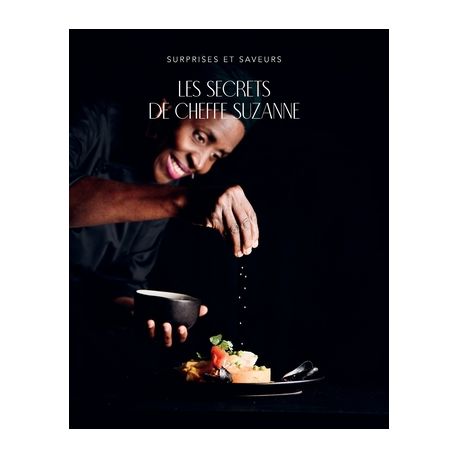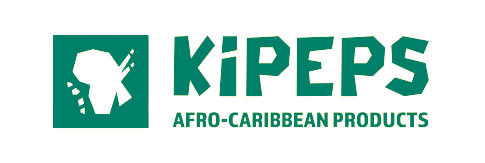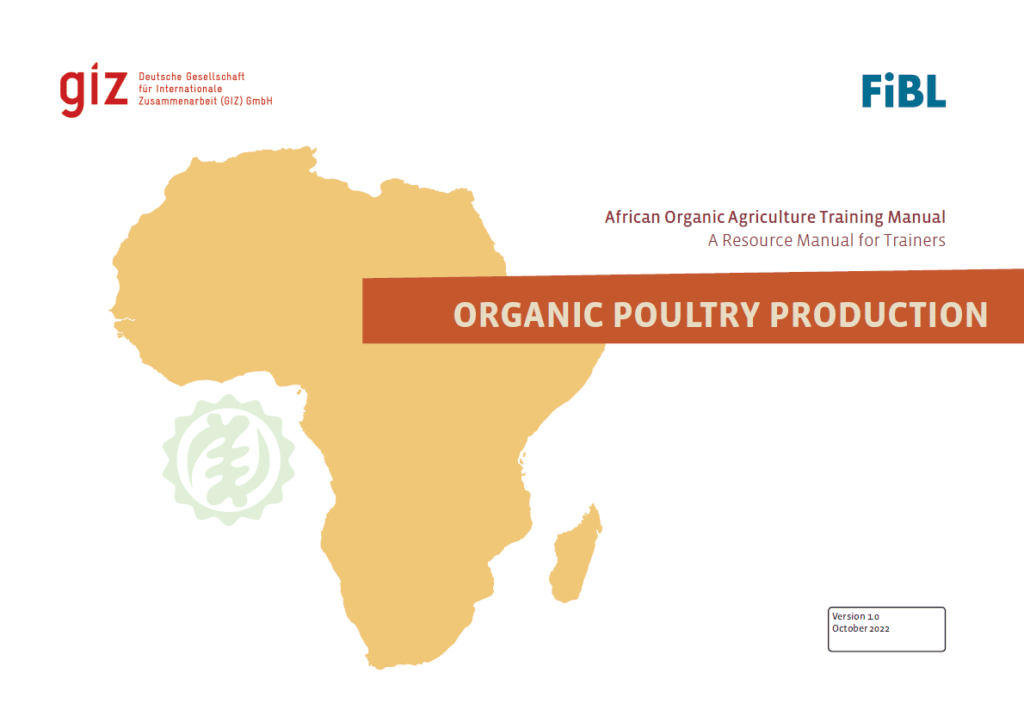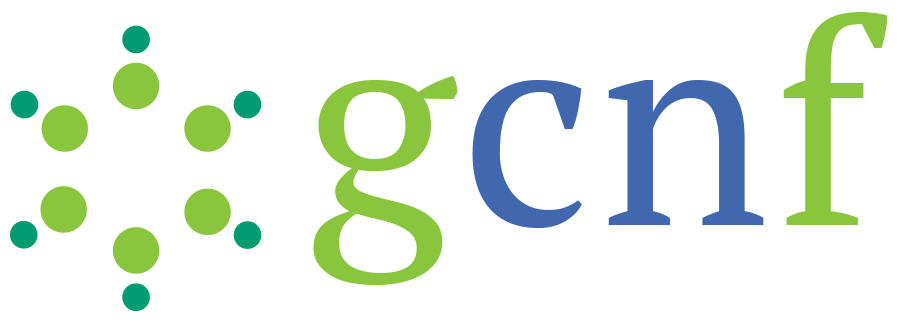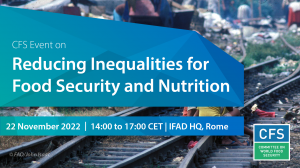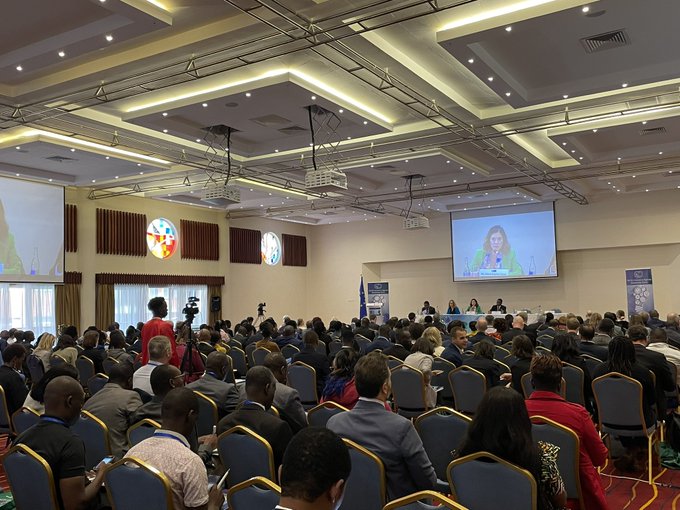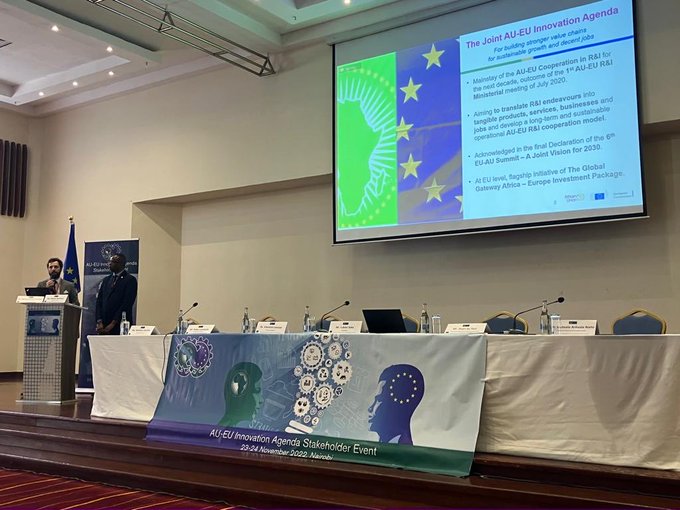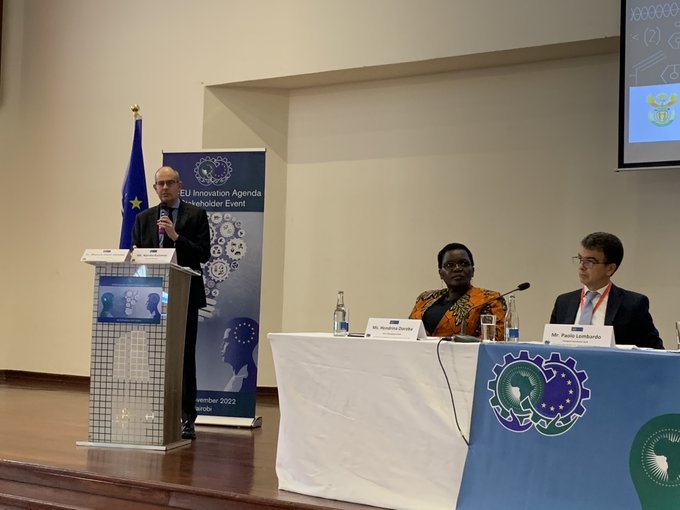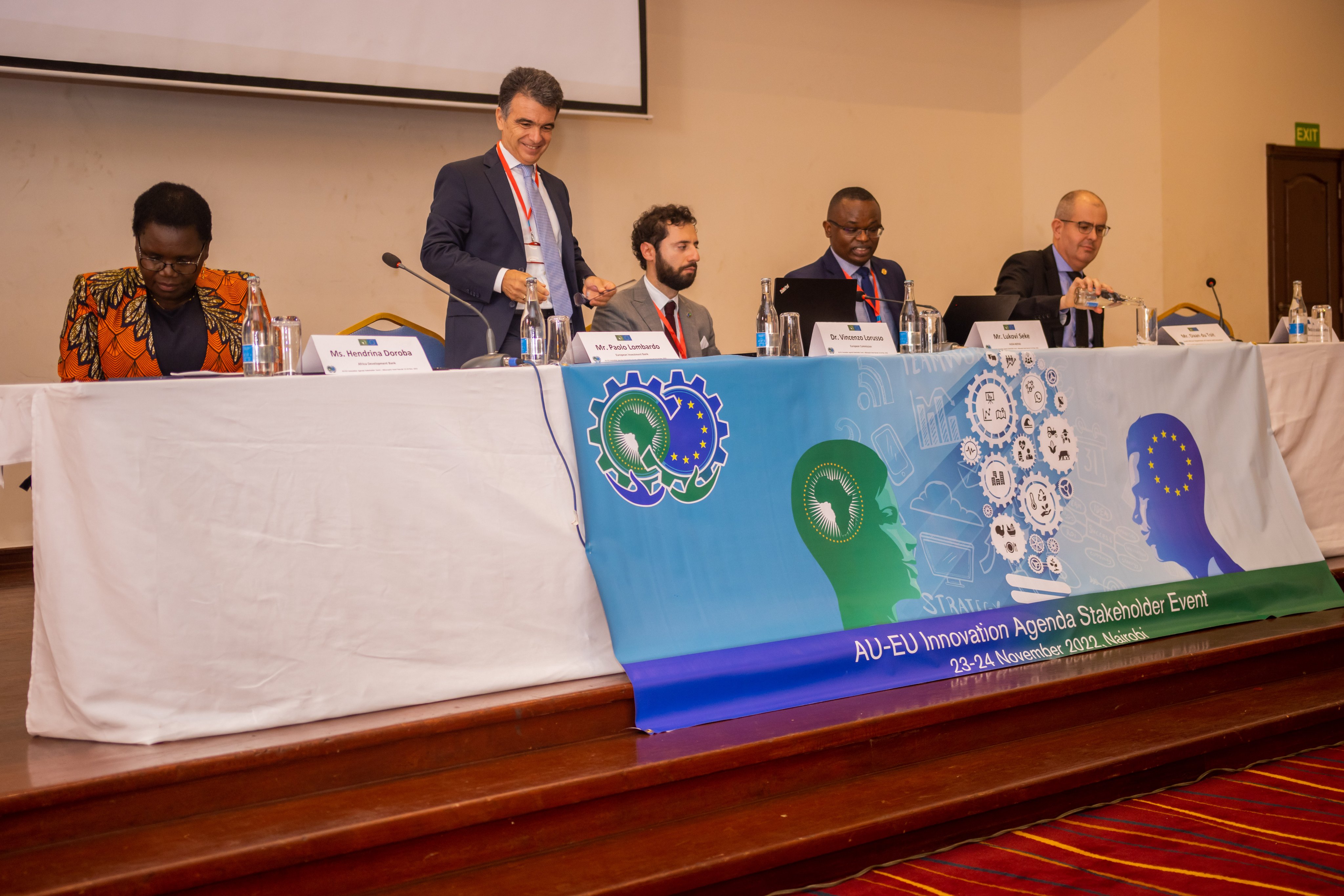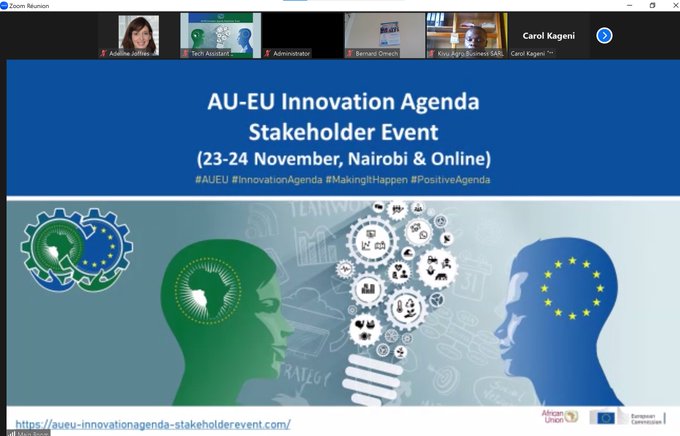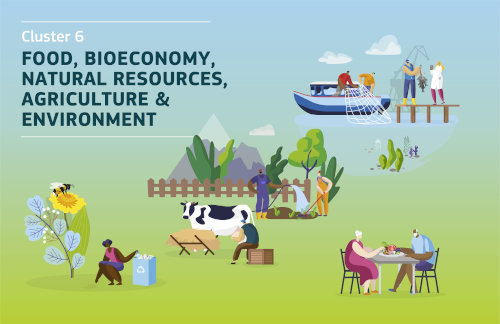Furthermore, though widely acknowledged, using scientific evidence in the design of nutrition policies many sub-Saharan African countries is still poorly documented, despite some emerging good practices and innovative initiatives.
In this context, the Knowledge and Research for Nutrition project launched by the European Commission aims to provide improved knowledge and evidence for policy and programme design, management and monitoring & evaluation in order to reach better nutrition outcomes.
Ultimately, this initiative aims to contribute to improving the connection, collaboration, communication and coordination between researchers and decision makers and to strengthening monitoring & evaluation systems for tracking the nutrition benefits of policies and programmes.
- Leonard Mizzi, Head of Unit, INTPA F3- Sustainable Agri-Food systems and Fisheries
- Carl Lachat, Professor, University of Gent
- Paolo Sarfatti




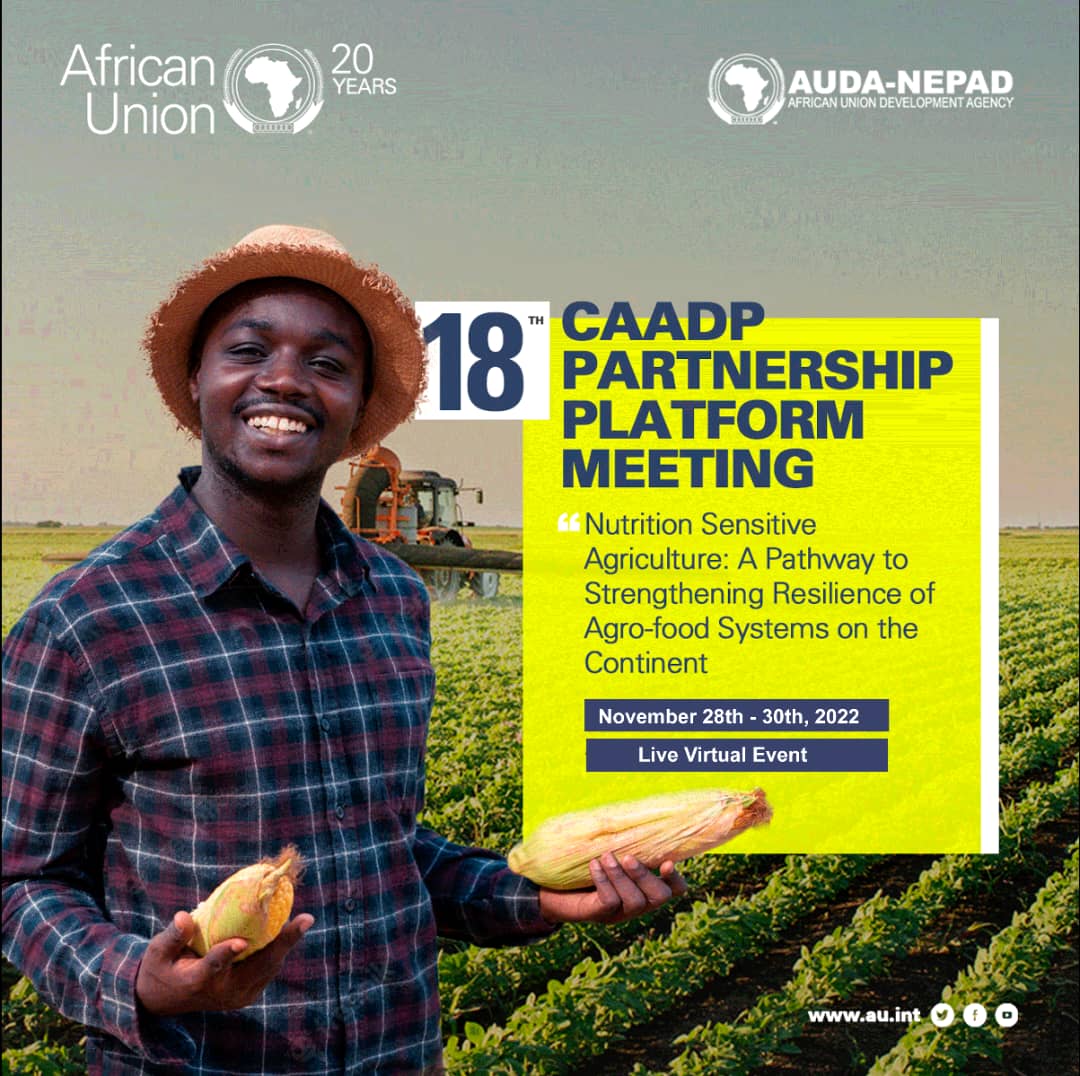
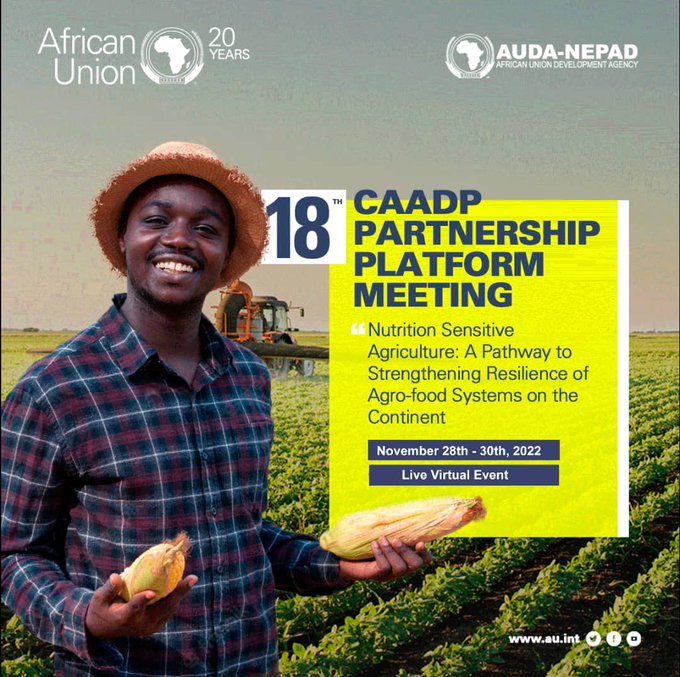

.png)

